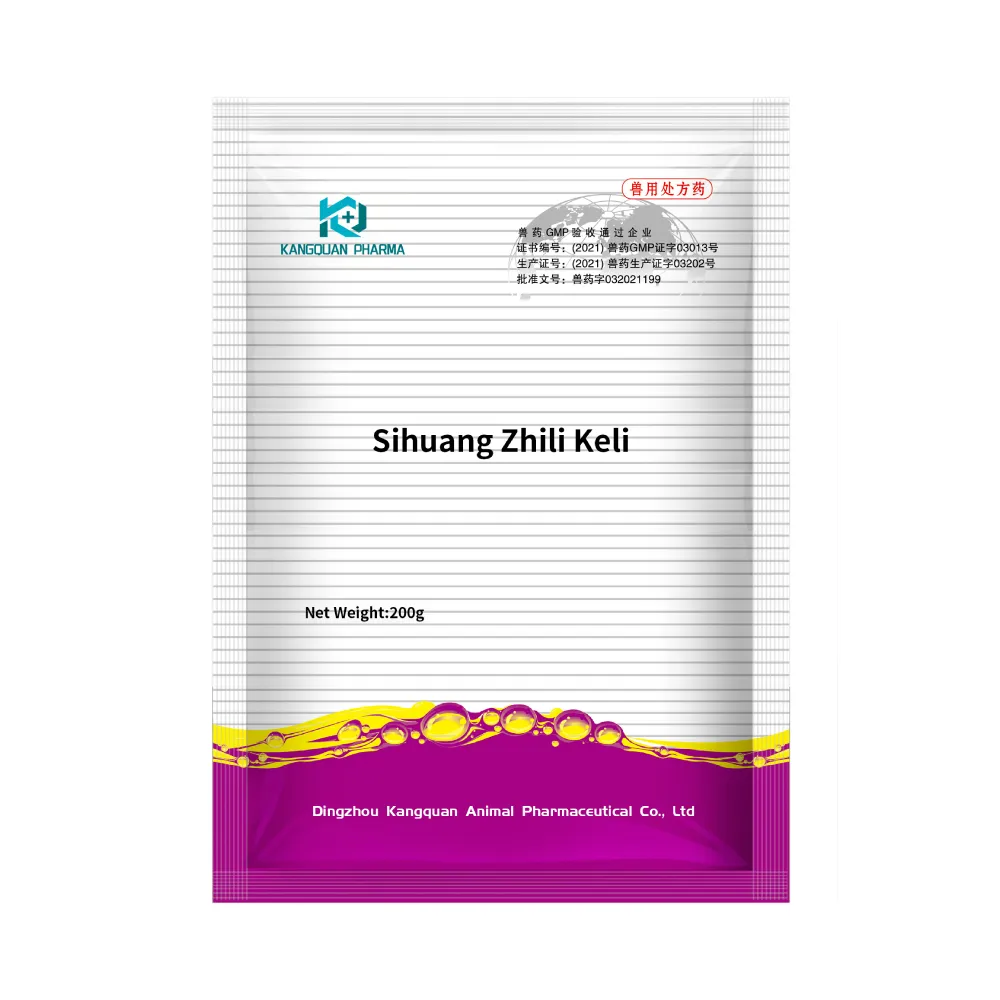- Afrikaans
- Albanian
- Amharic
- Arabic
- Armenian
- Azerbaijani
- Basque
- Belarusian
- Bengali
- Bosnian
- Bulgarian
- Catalan
- Cebuano
- Corsican
- Croatian
- Czech
- Danish
- Dutch
- English
- Esperanto
- Estonian
- Finnish
- French
- Frisian
- Galician
- Georgian
- German
- Greek
- Gujarati
- Haitian Creole
- hausa
- hawaiian
- Hebrew
- Hindi
- Miao
- Hungarian
- Icelandic
- igbo
- Indonesian
- irish
- Italian
- Japanese
- Javanese
- Kannada
- kazakh
- Khmer
- Rwandese
- Korean
- Kurdish
- Kyrgyz
- Lao
- Latin
- Latvian
- Lithuanian
- Luxembourgish
- Macedonian
- Malgashi
- Malay
- Malayalam
- Maltese
- Maori
- Marathi
- Mongolian
- Myanmar
- Nepali
- Norwegian
- Norwegian
- Occitan
- Pashto
- Persian
- Polish
- Portuguese
- Punjabi
- Romanian
- Russian
- Samoan
- Scottish Gaelic
- Serbian
- Sesotho
- Shona
- Sindhi
- Sinhala
- Slovak
- Slovenian
- Somali
- Spanish
- Sundanese
- Swahili
- Swedish
- Tagalog
- Tajik
- Tamil
- Tatar
- Telugu
- Thai
- Turkish
- Turkmen
- Ukrainian
- Urdu
- Uighur
- Uzbek
- Vietnamese
- Welsh
- Bantu
- Yiddish
- Yoruba
- Zulu
Dec . 09, 2024 18:03 Back to list
Effective Disinfectants for Maintaining Animal Health and Hygiene in Care Facilities
Effective Disinfection in Animal Care Ensuring Health and Safety
In the realm of animal care, maintaining a clean and hygienic environment is paramount. Disinfectants play a crucial role in preventing the spread of infections and diseases among animals and between animals and humans. This article explores the importance of using animal care disinfectants, the types available, and best practices for their application.
Why Disinfection Matters in Animal Care
Animals, much like humans, can be susceptible to various pathogens, including bacteria, viruses, and fungi. These pathogens can thrive in animal care settings, such as shelters, veterinary clinics, farms, and households. Inadequate sanitation practices can lead to outbreaks of zoonotic diseases — infections that can be transmitted from animals to humans. Thus, employing effective disinfectants is essential to safeguard the health of both animals and their caregivers.
Moreover, the benefits of ensuring a clean environment extend beyond health. Disinfection can reduce the incidence of stress in animals, leading to improved overall well-being and behavior. A hygienic environment also reflects a high standard of care, promoting trust between caregivers and pet owners, and enhancing the reputation of veterinary practices and shelters.
Types of Animal Care Disinfectants
There are various types of disinfectants available for animal care, each suited to specific needs and situations. Here are some common categories
1. Quaternary Ammonium Compounds (Quats) These are widely used for surface disinfection due to their effectiveness against a broad spectrum of pathogens. Quats are safe for use on non-porous surfaces and are typically low in toxicity for animals.
2. Bleach (Sodium Hypochlorite) A powerful disinfectant, bleach is effective against a wide range of viruses and bacteria. It should be used with caution, as it can be harmful to animals if not properly diluted and rinsed off.
3. Hydrogen Peroxide This compound is a non-toxic disinfectant that is effective against viruses and bacteria. It decomposes into water and oxygen, making it an environmentally friendly option.
4. Phenolics These compounds are effective against a variety of pathogens, including tuberculosis. However, they can be toxic to cats and other small mammals, so their use should be carefully considered.
animal care disinfectant

5. Enzymatic Cleaners These products contain enzymes that break down organic matter, making them effective for cleaning pet areas. While not disinfectants in the traditional sense, they can enhance the efficacy of disinfectants when used beforehand.
Best Practices for Disinfection in Animal Care
To maximize the effectiveness of disinfectants, following best practices is crucial
1. Pre-cleaning Before applying any disinfectant, it is imperative to remove dirt, organic matter, and debris from surfaces. This step significantly enhances the effectiveness of the disinfectant.
2. Dilution and Contact Time Always follow the manufacturer’s instructions regarding dilution ratios and required contact times. Insufficient contact time can compromise the disinfectant's efficacy.
3. Ventilation Ensure proper ventilation when using chemical disinfectants to reduce inhalation risks for both animals and humans.
4. Safety Precautions Wear protective gear, such as gloves and masks, to minimize exposure to potentially harmful chemicals.
5. Regular Monitoring Regularly assess the cleaning and disinfection protocols to ensure they are effective in preventing disease outbreaks.
Conclusion
In conclusion, the use of appropriate disinfectants is a cornerstone of effective animal care. By understanding the types of disinfectants available and adhering to best practices, caregivers can create a safer environment for animals, thereby promoting their health and well-being. As we continue to prioritize hygiene in animal care settings, we contribute to the overall resilience of our communities against infectious diseases.
-
Guide to Oxytetracycline Injection
NewsMar.27,2025
-
Guide to Colistin Sulphate
NewsMar.27,2025
-
Gentamicin Sulfate: Uses, Price, And Key Information
NewsMar.27,2025
-
Enrofloxacin Injection: Uses, Price, And Supplier Information
NewsMar.27,2025
-
Dexamethasone Sodium Phosphate Injection: Uses, Price, And Key Information
NewsMar.27,2025
-
Albendazole Tablet: Uses, Dosage, Cost, And Key Information
NewsMar.27,2025













